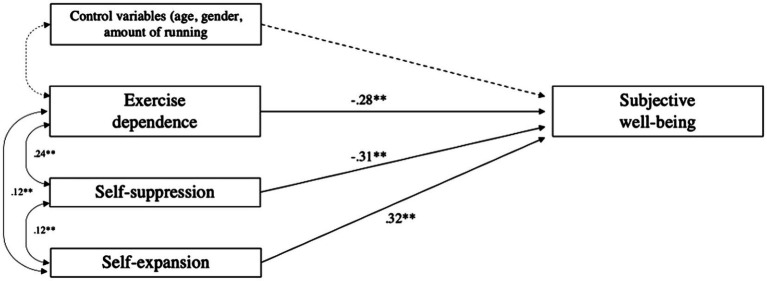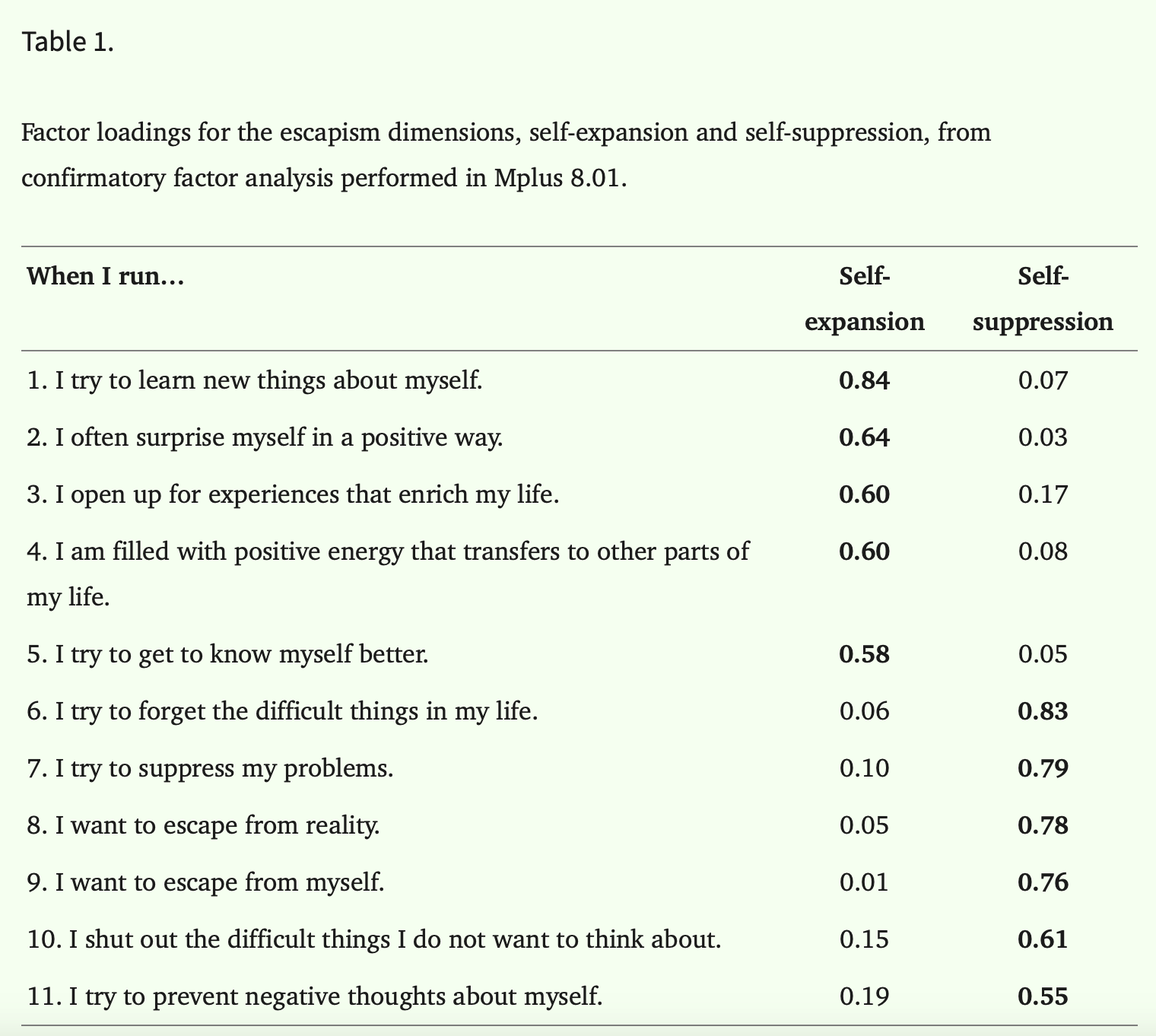The Great Escape

Getting away from it all to prepare for "it all."
Hi (No) Wonder-ers,
Ever hear anyone say "do what you love and never work a day in your life?"
And then, once you grew a bit older, realize what a hefty load of bunkum that turned out to be?
Seriously. I've wanted to be a doctor my whole life, since at least fourth grade, and now I have been one for... *checks watch*... 15 years. It's intellectually stimulating, productive, meaningful work. It is a privilege. I love what I do, don't get me wrong. But it is most assuredly WORK. Insurance companies, corporate types, politicians, and other of healthcare's many NPCs see to it that medicine is WORK. And jobs aside, adulting - doing all the mundane tasks required simply to exist as an adult in 2025 - is WORK in its own right.
So if I, someone who earns a comfortable living working just one job in my chosen field of study, feel the effects of the Daily Existential Grind, then it's safe to assume that the effects of the Daily Existential Grind are all the more pronounced in people working multiple jobs outside their areas of interest. Or, for that matter, people whose identities and basic human rights are constantly under attack.
Thus it's perfectly normal that we occasionally want to make like Lenny Kravitz and fly away.
This song is itself an escape, because it fuckin' slaps.
Any hobby or vice has the potential for escapism: reading, movie-watching, making art, making/listening to music, playing and/or watching sports, exercising, playing video games, having sex, masturbating to pornography, using recreational substances, browsing social media, writing a Ghost newsletter... the list goes on. Just about any leisure activity can serve as an escape or respite from the everyday.
People can seek escapist leisure activity either to promote positive emotions or avoid negative ones. In the two-dimensional model of escapism, psychologists refer to the former as self-expansion and the latter as self-suppression.
https://www.tandfonline.com/doi/full/10.1080/01490400.2012.633849?needAccess=true



The gist is that escapist motivation can be good (adaptive) or bad (maladaptive), depending on whether the motivation is rooted in self-expansion or self-suppression. A recreational escape that broadens our horizons, gives us energy, and gives a fresh perspective we can apply to the problems we face in everyday life? Good! Self-expansion. A recreational escape borne solely out of avoidance coping? Tread carefully.

I won't say never - sometimes occasional, short-term avoidance can buy us some time - but I regret to inform you that avoidance is not the greatest or most definitive coping habit, and that avoiding life's problems won't make them go away. If you've got a life problem or a troublesome emotion that you're trying to run from, barring some deus ex machina event it'll still be there when you get back from your escapist leisure activity. The only question is whether you're in a better position to address it now than you were before the escapism.
The literature tends to treat self-expansion and self-suppression as discrete and mutually exclusive entities. However, based purely on my anecdotal N=1 tendencies in escapism, I think they can coexist on a dose-dependent spectrum. For instance, if I wake up at 5:30 AM to play 9 quick holes of golf before my wife and kid get out of bed? I get back in a couple of hours, I haven't missed much family-wise, I've had a nice walk, and I'm ready to approach my family obligations with a clear mind and grateful heart. Self-expansion. However, if I use golf as an excuse spend 6+ hours actively avoiding my family and/or work obligations? Now we're getting into self-suppression territory. The dose makes the poison.

Dosis sola venenum facit,
Merrit


